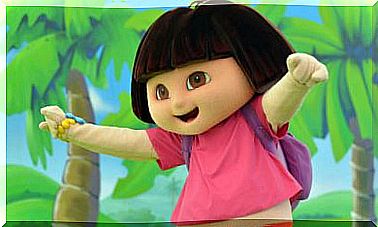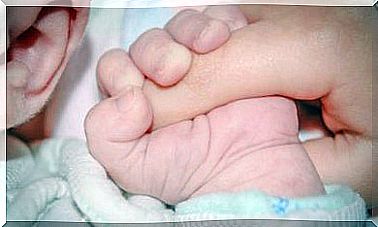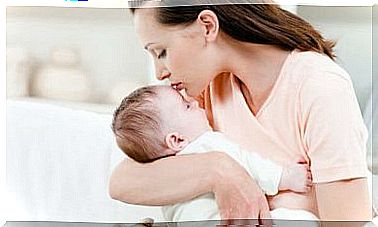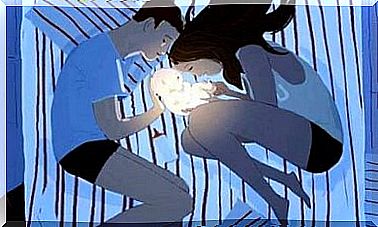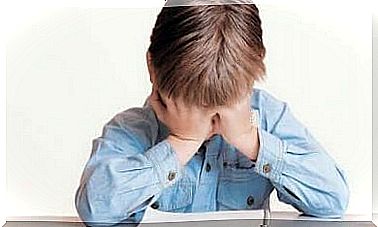Why Should Babies Not Drink Water Before The Age Of 6 Months?
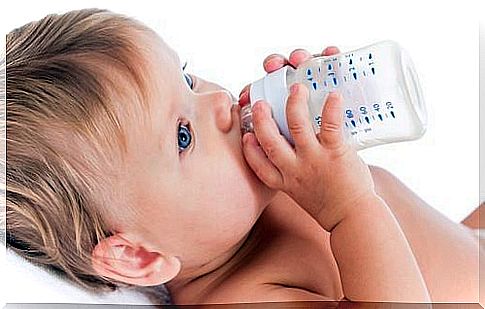
Is it really the case that babies should not drink water before the age of 6 months? If the answer were obvious, then many would not think about this question. And many experts do advise against that.
We know that water is a vital factor for all living things. However, it is best to refrain from giving water to babies under six months of age.
Breast milk becomes the primary source of food for babies from the moment they are born. This is still the case after several months.
Medical experts believe that all the nutrition and hydration that babies need come through breastfeeding. Only when babies start receiving supplemental nutrition is it appropriate to start also starting to drink water.
Why should babies not drink water when they are less than six months old?
The main reason babies should not drink water at this age is that they do not need it. In fact, if water is then provided, babies may even resist it. You should never force your baby to drink water – there is no reason to do so. It is normal for young babies not to drink water and there is no harm in doing so.

Thirst is a kind of sensation that is easy to notice even in young children. When they are older and start talking, they are able to communicate their thirst orally. In fact, thirst is one of the first things they learn to express in words.
But exclusively breastfed babies do not become thirsty. It is a feeling that only becomes apparent when babies start eating foods other than breast milk.
According to experts, babies should be given exclusively breast milk until they are six months old. “Exclusively” here means precisely that milk is the only thing babies should enjoy at that time.
As a result, the water is not the only thing that you will not be giving your baby. You should not give your baby any other foods or fluids before the age of six months. Everything your baby needs in nutrition and hydration comes through breast milk.
The World Health Organization (WHO) gives two reasons why water should not be given to babies under six months of age. The first is, as we have already said, that they do not need it. Another reason is that water can affect a baby’s way of eating.
According to experts, all the hydration your baby needs comes from breast milk. If she drinks water, it can reduce the amount of breast milk she consumes.
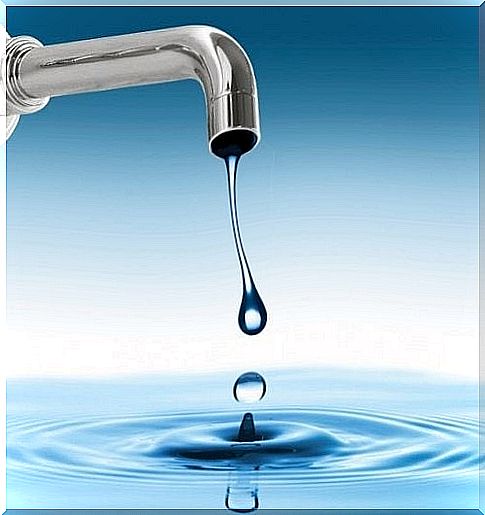
In the rare cases where a baby needs water, what water should be given?
In some rare cases, babies drink water even before they reach the age of six months. Sometimes this is simply due to a lack of knowledge from their parents. But it can also be caused by problems caused by fever or gastroenteritis.
If drinking water is necessary, it is important to consider certain criteria that the water should meet. For example, these:
- Only give your baby water that you know is safe to drink. It should contain little or no fluorine and should not come from lead pipes. Even if water is considered safe to drink, you should still be careful. Boil the water and wait for it to cool to room temperature before giving it to your baby.
- Bottled water, although recommended, is not always the best option. Before your child gets bottled water, you need to make sure it is low in fluoride, iodine, and nitrates. In general, the label reads whether the water is suitable for infants. Also check that the mineral content of the water is low. Some mothers also tend to boil bottled water.
When a baby starts a supplemental diet, many of the foods he eats contain water. Soups, purees and juices provide your baby with the right amount of fluid he needs. Plus, you’re still breastfeeding her.
Because of this, all your baby needs at this point is just small sips of water. This is enough to quench the thirst caused by the food you eat.
How can you be sure your baby doesn’t need water?
You may not have known this before, but breast milk covers all of your baby’s needs. In fact, your baby can also drink breast milk for thirst.
Let’s remember that when your little one was in the womb, he got fluid differently. He became acquainted with breast milk as a food only after his birth.
If you pay special attention to this, you may find that your baby sucks very small amounts in some situations. It is possible that these breastfeedings have more to do with thirst than with hunger. Perhaps this explains why most babies resist drinking water when it is offered to them – their thirst has already been quenched.
Why would they want water when they have already met their needs with breast milk?
How, then, can you know that your baby is sucking thirst and not because of hunger? She then wants to suck at a time out of her normal routine, and in addition, she drinks only slightly from each breast.
The common perception is that the baby is doing this because of thirst. The initial milk from the breast is more watery than the milk from later, and because of this, he drinks little on both sides.


